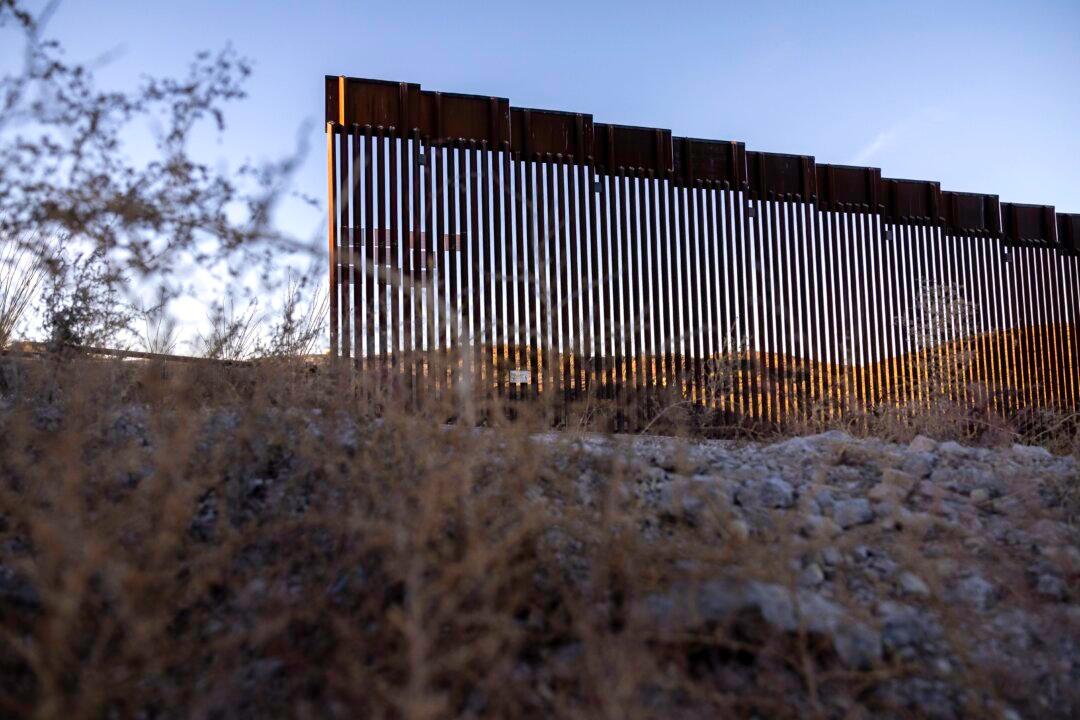The U.S. government must let some 12,000 refugees into the United States, a federal judge ruled on May 5.
“The Government’s obligation to process, admit, and provide statutorily mandated resettlement support services to the Injunction-Protected Refugees is immediate,” U.S. District Judge Jamal Whitehead wrote in the 14-page decision.





